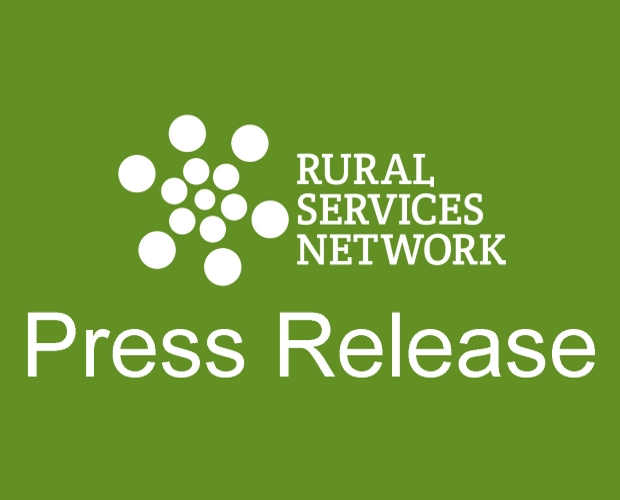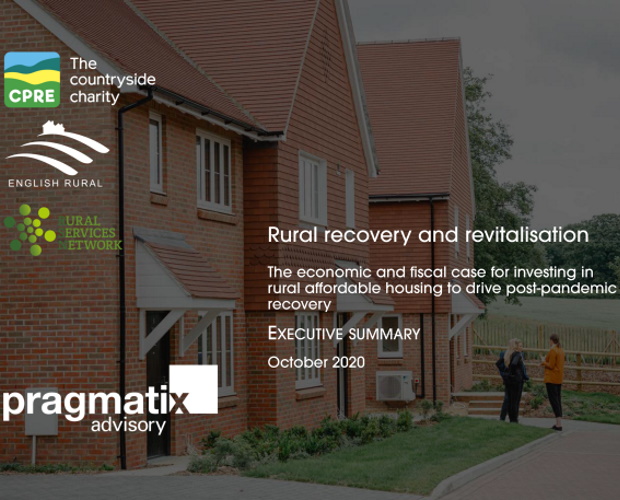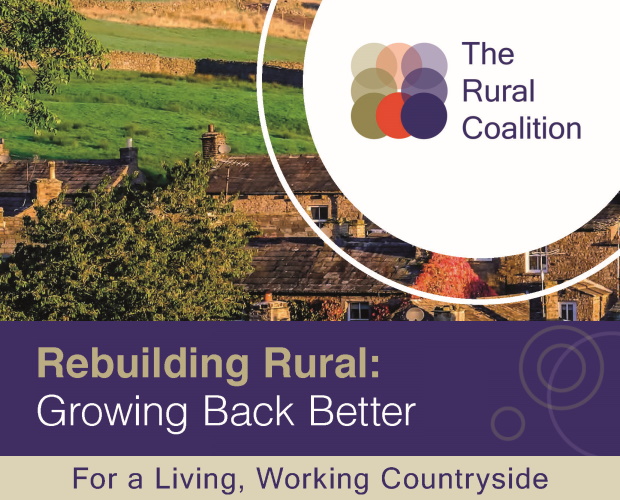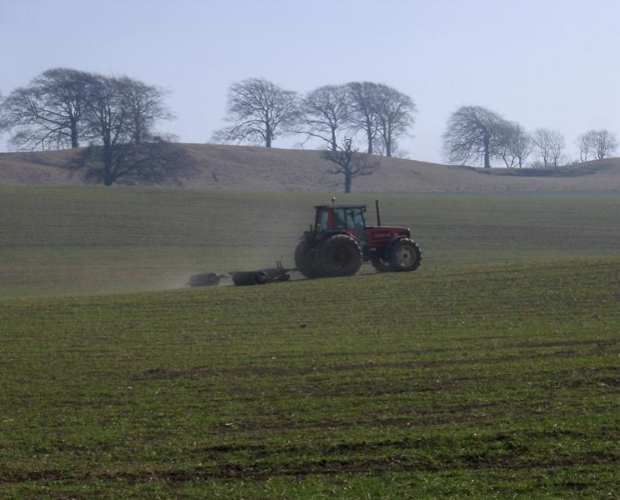T: 01822 851370 E: admin@sparse.gov.uk
RSN Voices Serious Concerns Over ‘Fairness’ Of Settlement
Read here...
Housing Today has reported that countryside campaigners have joined with more than 2,000 local councillors to sign a letter to Housing Minister Robert Jenrick MP (Con) opposing the Government’s planning reforms set out in its summer white paper The letter...
The Rural Services Network, along with CPRE and English Rural Housing commissioned research into the Economic and Fiscal case for investing in rural affordable housing to drive post-pandemic recovery This research shows that investing in building more affordable homes in...
‘Investing in affordable rural housing will level up and turbo charge the rural economy’ according to new research from CPRE, the countryside charity, English Rural and the Rural Services Network Homelessness in rural areas has more than doubled in the...
Call for Government to level-up rural areas to support England’s economic recovery from COVID-19 Rural Coalition urges Government to unlock untapped potential of rural communities and economies and to address long-standing inequalities A coalition of thirteen leading rural organisations is...
New analysis finds over nine in ten rural areas are unaffordable for care workers in the private rented sector as rural housing week 2020 begins CPRE, the countryside charity, and English Rural are calling on the Chancellor to use the...
The CPRE have announced two events which will focus on their manifesto post coronavirus as well as possible countryside solutions to the climate change emergency. Details of these events are below: Launch of CPRE, the countryside charity’s Post-coronavirus regeneration manifesto,...
At CPRE’s Rural Economy and Communities team we want to see thriving and sustainable rural communities across the country. That means towns and villages properly connected by public transport, with truly affordable homes for local people, alongside a resilient and...
The CPRE, the countryside charity have launched a new report Transport deserts, highlighting the lack of public transport across rural towns in the North East and South West of England The summary of the report can be found here and...
The CPRE have published a report titled 'Reviving county farms'. This report, prepared for CPRE by the New Economics Foundation, Shared Assets and Who Owns England?, shows that the opportunities that county farms offer – in terms of local benefit,...
Local charities could receive £1 billion from the proceeds of a can and bottle deposit return scheme, according to research by the Campaign to Protect Rural England (CPRE) One in five people said that. when using a UK-wide deposit return...
NEWSLETTER
Sign up to receive all our latest news and updates.
HOT TOPICS
Amid reduced public spending, fair resource allocation across regions is crucial. Despite a population larger than Greater London, rural areas receive significantly less funding for essential services, even though delivering these services in rural areas is more expensive.
Economic growth is widely acknowledged as essential for national wealth and prosperity and is a priority for political parties. Rural economies, employing millions and home to a higher proportion of small businesses, have potential for growth if barriers are removed.
Rural residents face distinct healthcare challenges, including limited access to transport, longer distances to medical facilities, an aging demographic, housing inadequacies, digital connectivity gaps, and difficulties recruiting health and care workers.
Rural communities are grappling with a severe affordable housing crisis, marked by high house prices, a lack of affordable housing, elevated living costs, and lower incomes, threatening their sustainability and vitality.
Transport is vital for the quality of life and economic health of rural areas, yet it faces challenges such as infrequent public bus services and less Government funding compared to urban regions.
Rural areas, encompassing a substantial portion of England's population and land, play a pivotal role in combating climate change and achieving the net zero target.
In an increasingly digital world, the lack of robust digital infrastructure in rural areas severely limits access to crucial services and stifles economic growth.
A future-focused vision for rural communities involves not just building the right homes in the right places but also ensuring thriving, sustainable communities.
SIGN UP TO OUR NEWSLETTER
Sign up to our newsletter to receive all the latest news and updates.













